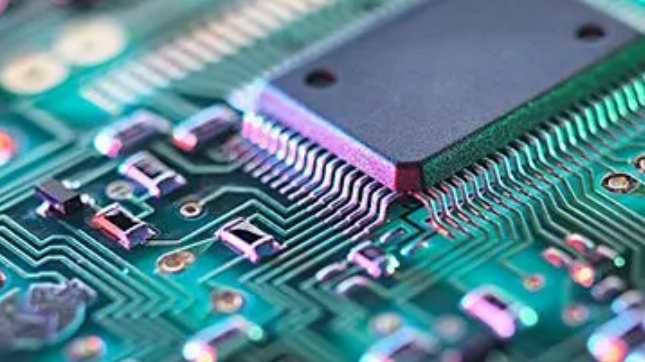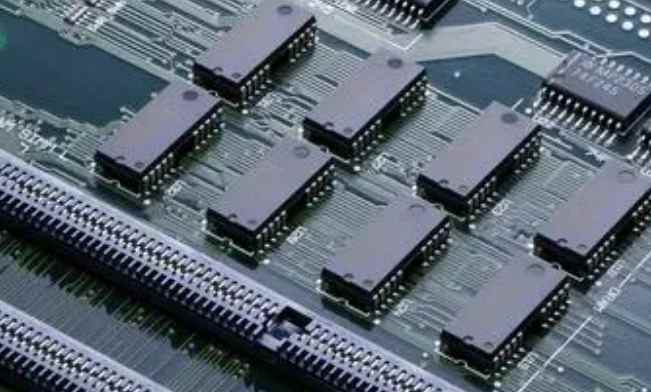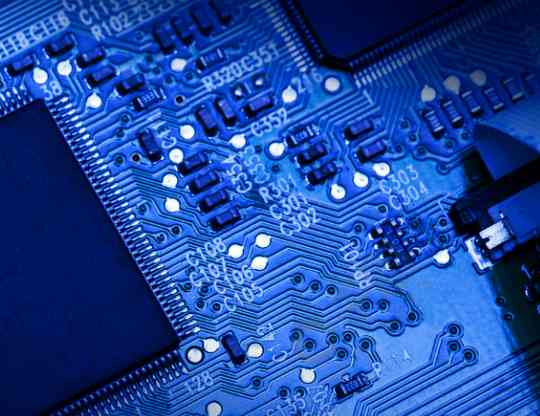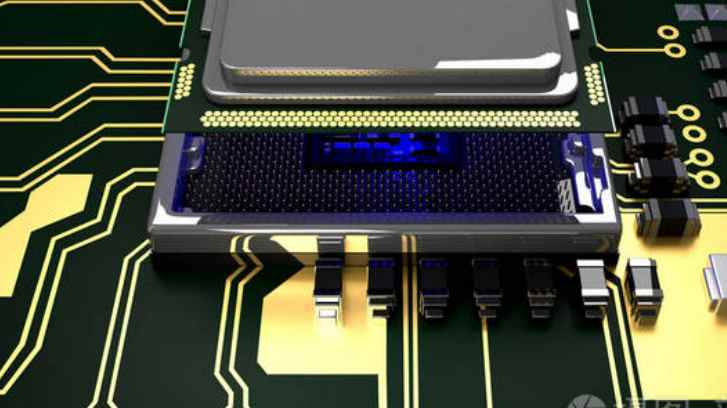
Recently, I have been conducting ESD testing of electronic products. The test results of different products show that ESD is a very important test: if the circuit board is poorly designed, the introduction of static electricity will cause product crash or even damage to components. Previously only noticed ESD will damage components, did not think, for electronic products should also cause enough attention.
ESD, or what we call Electro-Static discharge. It can be known from the knowledge learned that static electricity is a natural phenomenon, usually through contact, friction, induction between electrical appliances and other ways, which is characterized by long-term accumulation, high voltage (can produce several thousand volts or even tens of thousands of volts of static electricity), low electricity, small current and short action time. For electronic products, if ESD design is not well designed, often cause unstable operation of electronic and electrical products, even damage.
Two methods are usually used in ESD discharge testing: contact discharge and air discharge. Contact discharge is to discharge the measuring equipment directly. Air discharge, also known as indirect discharge, is generated by the coupling of a strong magnetic field to a neighboring current loop. The test voltage of these two kinds of tests is generally 2KV-8KV, and the requirements are different in different regions. Therefore, before the design, it is necessary to find out the market for the product.
The above two cases are for the human body in contact with electronic products, due to electrical or other reasons caused by the electronic products do not work to perform basic tests. The chart below shows air humidity statistics in some areas during different months of the year. As can be seen from the figure, the annual humidity of Lasvegas is the least. Electronic products in this region should pay special attention to ESD protection.
The humidity is different around the world, but at the same time in a region, if the air humidity is not the same, the static electricity is not the same. The table below shows the data collected, from which it can be seen that static electricity increases as the humidity of the air decreases. This also indirectly explains the northern winter, take off the sweater when the electrostatic spark is very big reason.
Since static electricity is so harmful, how do we protect it? We are usually divided into three steps in the design of electrostatic protection: prevent the external charge from flowing into the circuit board and causing damage; Prevent the external magnetic field from damaging the circuit board; Prevent the damage caused by electrostatic field.
In the actual circuit design, we will use one or more of the following methods to carry out electrostatic protection:
1, avalanche diode for electrostatic protection. This is also a method often used in design, typically by connecting key signal lines in parallel with an avalanche diode to the ground.
This method uses avalanche diode with fast response and stable clamping ability to consume high voltage in a short time to protect the circuit board.
2, the use of high voltage capacitor circuit protection.
It is common to place ceramic capacitors of at least 1.5KV at the I/O connector or key signal, and to keep the wires as short as possible to reduce the inductance of the wires. If a capacitor with low voltage resistance is used, it will cause damage to the capacitor and lose its protective role.
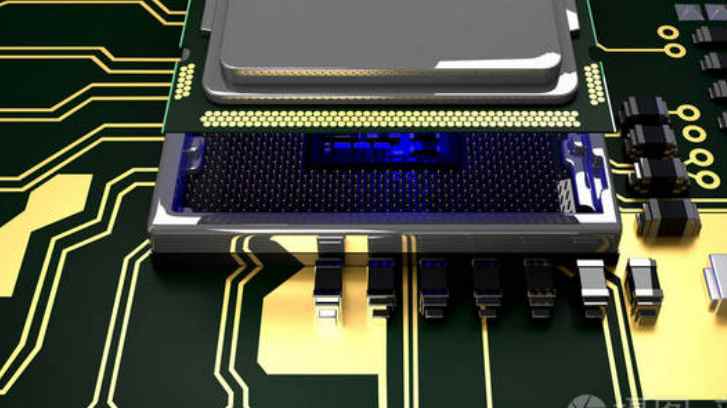
3, the use of ferrite magnetic beads for circuit protection.
Ferromagnetic beads can well attenuate ESD current, but also can inhibit radiation. When faced with two aspects of the problem, a ferrite magnetic bead will be a good choice.
4. Spark gap method.
The method is seen in a microstrip wire layer made of copper using a copper triangle with aligned tips. One end of the triangle is connected to a signal wire and the other is connected to ground. When static electricity is present, a tip discharge is generated which consumes electrical energy.
5, the method of LC filter to protect the circuit.
LC filter can effectively reduce the high frequency static electricity into the circuit. The inductance characteristic of inductance can well inhibit the high frequency ESD into the circuit, and the capacitor has the shunt ESD high frequency energy to the ground. At the same time, this type of filter can also smooth the signal edge and reduce RF effect, and the performance has further improved in the aspect of signal integrity.
6, multi-layer board ESD protection.
When funds allow, the choice of multilayer board is also an effective means of preventing ESD. In a multilayer board, the presence of a complete ground plane close to the wire allows for faster coupling of ESD to the low-impedance plane, thus protecting the critical signal function.
7, circuit board peripheral protection belt method protection.
This method is usually used to draw lines around the circuit board without a welding layer. Connect the wire to the enclosure if conditions permit, taking care that the wire does not form a closed loop, so as not to form a ring antenna and introduce more trouble.
8. CMOS devices or TTL devices with clamp diodes are used for circuit protection.
This method uses the principle of isolation to protect the circuit board. Because these devices have the protection of clamp diode, the design complexity is reduced in the actual circuit design.
9. Decoupling capacitor is used.
These decoupling capacitors should have low ESL and ESR values. For low-frequency ESD, the decoupling capacitors reduce the area of the loop, and can better filter high-frequency energy due to the weakened electrolyte effect of the ESL.
In short, ESD although terrible, and even bring serious consequences, but only to protect the power supply and signal line on the circuit, then can effectively prevent ESD current into the PCB. Among them, my eldest brother often said that "a good grounding of the board is the king", I hope this sentence can also bring you to break the skylight effect.


